Cost of living: I made my business digital so I can work beyond 60
- Published
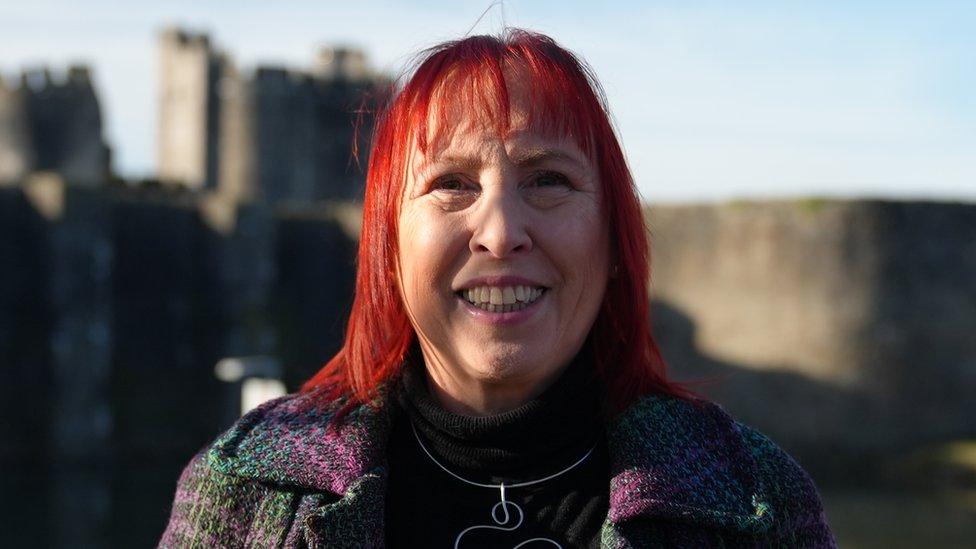
Suzie Rees pays thanks to an organisation which helped her turn her business digital
Suzie Rees feared her working life as a tour guide was over aged 59 after a leg injury stopped her from leading tours.
But with help from an organisation which supports mature people to start up businesses, she has gone digital and kept on working into her 60s.
Prime Cymru said the Welsh economy would grow if more older people were encouraged to return to work.
The Welsh government said it was focusing on helping people with ill health back into employment.
It comes as latest figures, external show more than a quarter of the Welsh population was classed as being economically inactive, external in the three months to the end of December - up by 2.5% compared to this time last year.
The unemployment rate remained broadly stable at 3.5%, just increasing by 0.4% on the previous year.
There was a drop in the employment rate however, which fell by 2.6% to 71.8% in the three months to the end of December.
Ms Rees now runs audio tour guides of towns like Caerphilly, where users download a mobile app and buy the guide.
The content has been professionally produced and recorded, and has allowed her to continue her passion for storytelling and local history.
"I'm planning to live until I'm 120," she joked, adding that Prime Cymru understood she had more to contribute to the world of work.
"I think it was actually quite important that they weren't going to treat me like they would treat an 18-year-old coming out of school because I had different life skills, and that was actually quite important.
"It's somebody standing with you, and helping you to be the best that you can be."

Ms Rees did not let her injury prevent her from continuing to work
Wales has a high proportion of people who are classified as being economically inactive, external.
This includes students, carers and people who are permanently out of work because of their health.
But the statistics also include older people who may have left work, but many of whom may consider returning to some form of employment if the conditions are right.
Prime Cymru supports people aged over 50 to get work, including mentorship and training opportunities.
"There are huge barriers that people face, and that is often compounded with age," director David Pugh said.
"People come with confidence and self-esteem issues, skills that are lacking. For us it's about developing all of those areas holistically, for each individual."
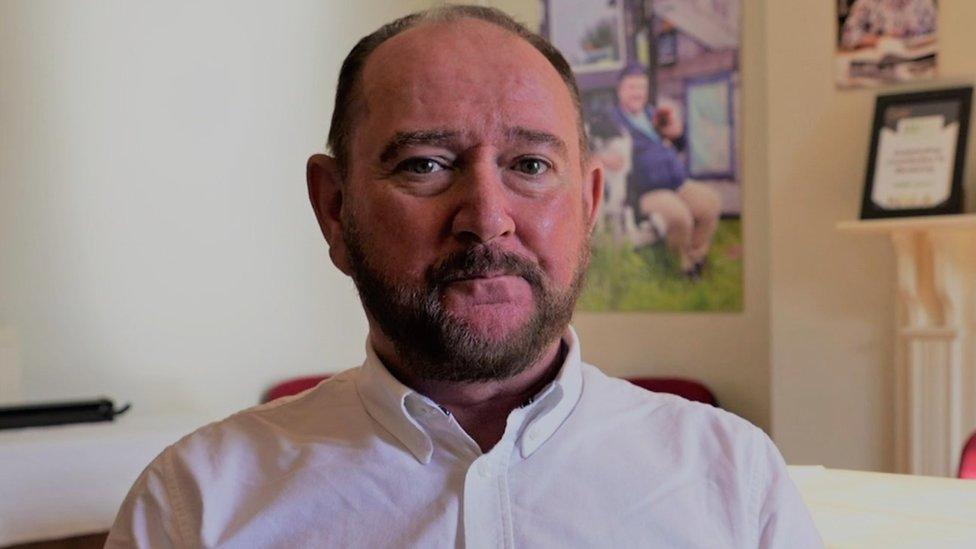
David Pugh helps provide free support for mature individuals to set up in business
Mr Pugh said the organisation supported many people who had been made redundant or taken early retirement due to the Covid-19 pandemic.
He added businesses needed to be flexible to the needs of mature workers who may have caring responsibilities for grandchildren or other relatives.
"We do need to see funding to deliver specific programmes dedicated to the 50-plus, not just being rolled into other programmes that are out there.
"Because when you're slightly older, you can often have compounded problems. You may have caring responsibilities… often there are health issues as well, which can be worked around."
"Funding of specific, dedicated programmes is very much called for in Wales," Mr Pugh added.
The Welsh government said Wales had a "larger legacy" than other parts of the UK because of ill-health, which was often the biggest reason why people were not in work or seeking work.
"That's why we put so much emphasis on helping people with healthcare needs to get back into the world of work," Economy Minister Vaughan Gething said.
"We are looking to do what we can. And at the same time, we know that if we can do this properly then we will make a really big difference.
"It also helps to underpin why, in our employability and skills plan, we deliberately chose to help people further away from the world of work. That is where we think we can make the biggest difference."

THE BESTEST BITS: A little bit more of what you like from Wynne Evans

- Published5 February 2023
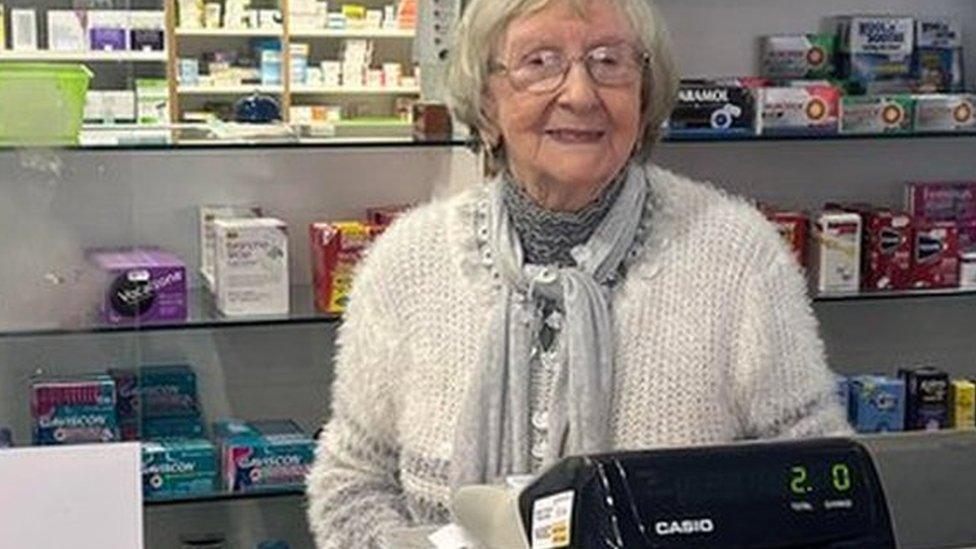
- Published24 December 2022
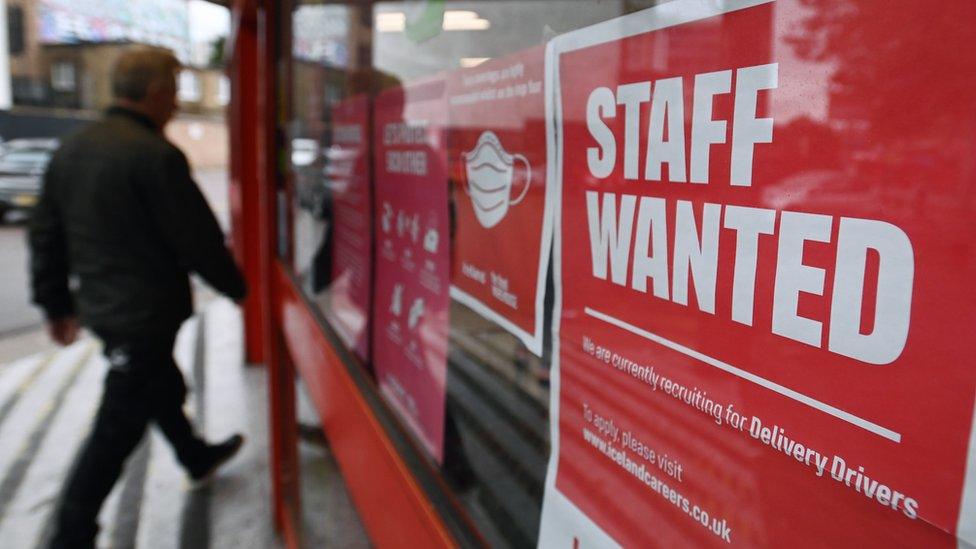
- Published15 February 2022
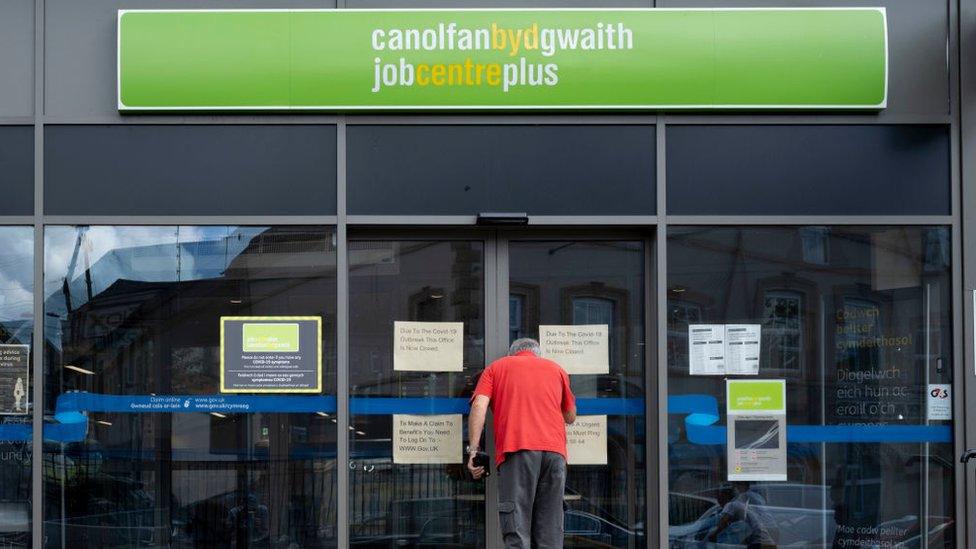
- Published16 March 2023
